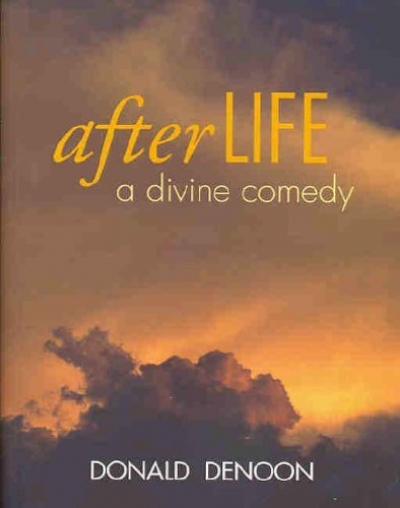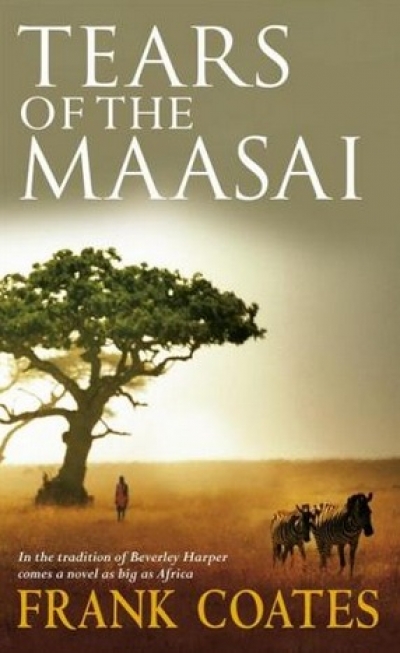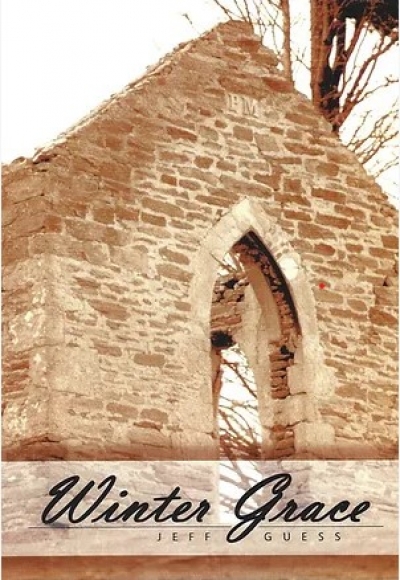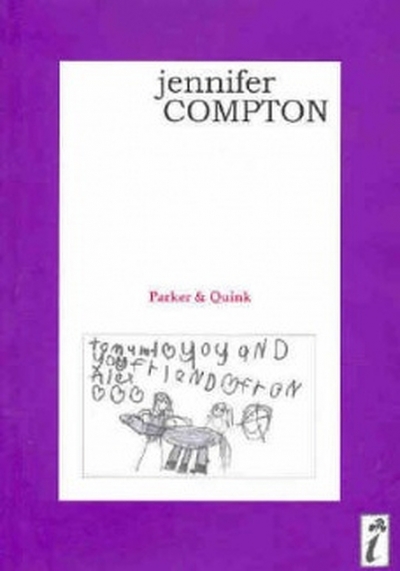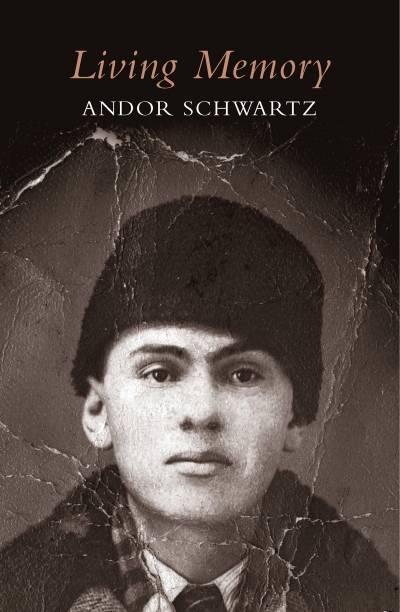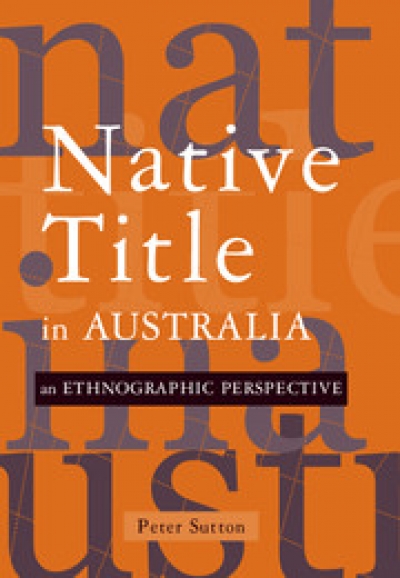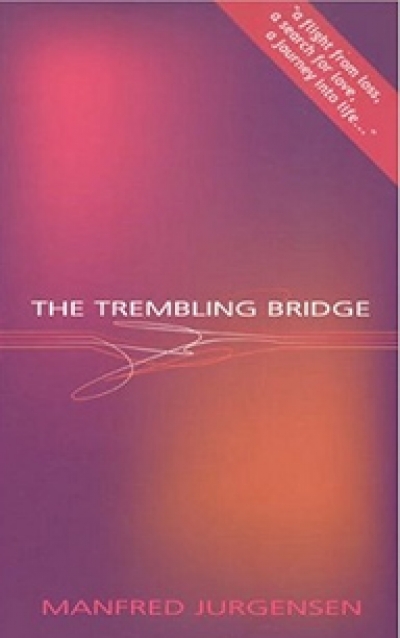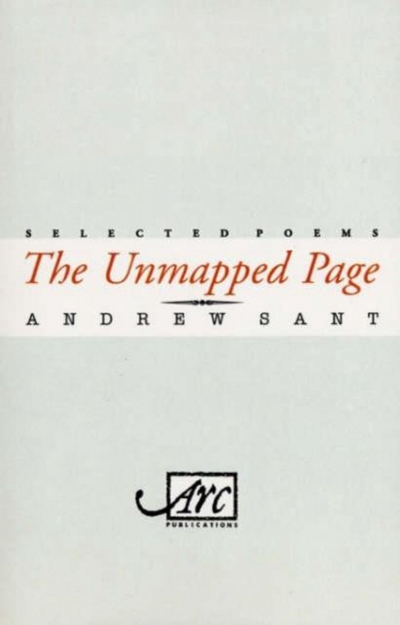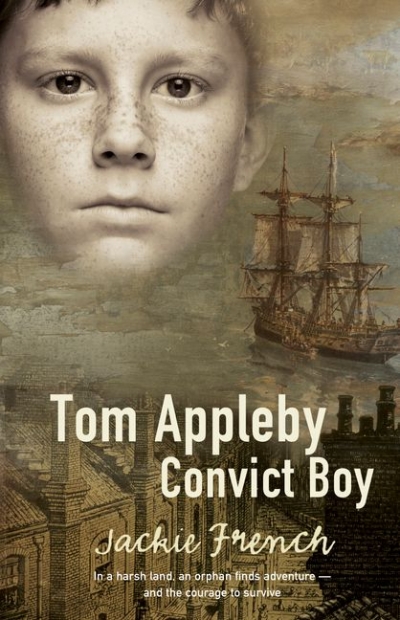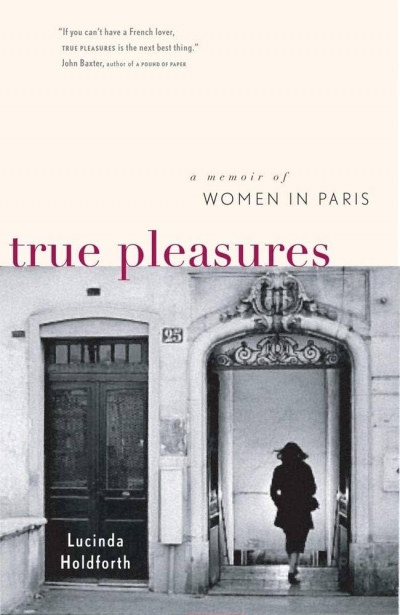Archive
Tears of the Maasai by Frank Coates & Far Horizon by Tony Park
by Nicola Walker •
Parker & Quink by Jennifer Compton & The Yugoslav Women and Their Pickled Herrings by Cathy Young
by Philip Harvey •
Native Title in Australia by Peter Sutton & Crossing Boundaries edited by Sandy Toussaint
by Stephen Muecke •
The Trembling Bridge by Manfred Jurgensen & Dancing with the Hurricane by Leon Silver
by Judith Armstrong •
Tom Appleby, Convict Boy by Jackie French & Stoker's Bay by Peter Jeans
by Margaret MacNabb •
True Pleasures: A memoir of women in Paris by Lucinda Holdforth
by Christina Hill •

